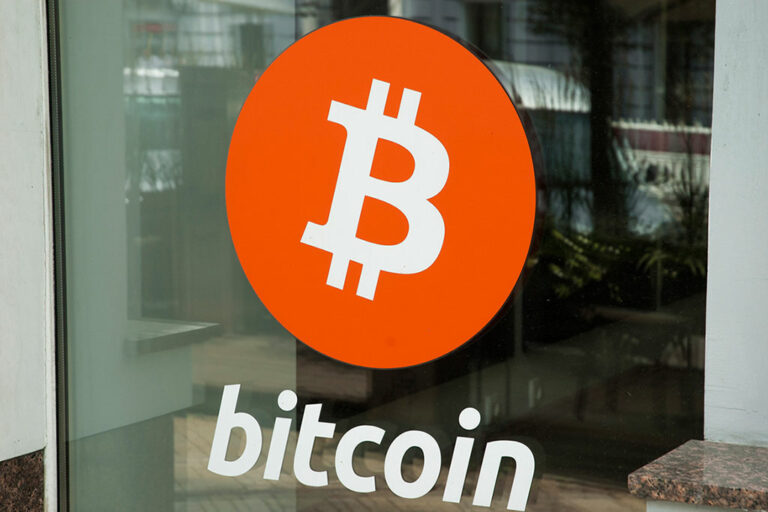Home pages of some spot Bitcoin ETF issuers now boldly show visitors that these funds are available to all interested members of the public.
Several spot Bitcoin (BTC) issuers have added their ETF to the main pages on their respective websites. Visitors can now see the option to buy into a spot Bitcoin ETF on the websites of Ark Invest, VanEck, Fidelity, BlackRock, and Franklin Templeton. The development shows that the issuers have begun to announce the possibility of buying ETFs to their respective customer bases in addition to other services they provide.
Bitcoin ETF Numbers
Spot Bitcoin ETFs are already doing good numbers since their approval last Thursday. According to an X post from Bloomberg ETF analyst Eric Balchunas, BlackRock’s ETF is leading the pack of “newborns”, with more than $500 million in assets. BlackRock has Fidelity not far behind, at $427 million, with Bitwise in the third position at $225.5 million. Overall, the nine newborns have taken $1.4 billion in new cash. However, Grayscale has unfortunately seen more than $579 million in outflows, leading to a total net positive of $819 million, all in the first two days of ETF approval.
On the first trading day, Bitwise had the largest amount of inflows, at $227 million, while BlackRock took over on Day 2, with $386 million.
The price of Bitcoin has not exactly maintained a positive reaction to the approval of spot Bitcoin ETFs. After the initial launch, Bitcoin jumped to $49,000, the king coin’s highest price since December 2021. However, it unfortunately fell to $46,000 not long after, causing heavy liquidations. Coinglass data shows that liquidations hit $50 million in the first hour, $120 million in four hours, and $175 million after 12 hours.
Bitcoin Could Pull Back Despite ETF Approval
Currently, BTC is at $42,660, according to data from CoinMarketCap, after falling 2.66% in the last 7 days. After ending 2023 quite impressively, the king coin has only added 2% this year. Although 2% in two weeks seems relatively fair, there are forecasts that suggest Bitcoin could pull back despite the excitement from spot Bitcoin ETFs.
According to crypto and wealth management research firm 10x Research, “Bitcoin’s RSI divergence signals correction.” In a note to clients on Monday, 10x Research’s Markus Thielen suggested that Bitcoin could pull back all the way to the $38,000 support level.
In a bearish divergence, factors like the RSI (relative strength index) do not follow an asset’s price to a new extreme. Thielen suggests that Bitcoin hitting an extreme without a corresponding RSI movement indicates a possible plunge.
The note to clients also explains the situation with Grayscale and how it could affect Bitcoin. 10x notes that Grayscale is likely hoping that investors will “switch out of their 1.5% annual management fee ETF offering (due to tax consideration) instead of choosing other reputable companies that offer 80% less in fees.”
Grayscale currently charges 1.5%, way higher than other asset managers, likely because it began as a private trust. 10x concludes that investors will sell the Bitcoin they have in the GBTC before transferring the assets to cheaper ETF issuers. Consequently, “this will cause downside pressure for Bitcoin and remain an overhang.”
next